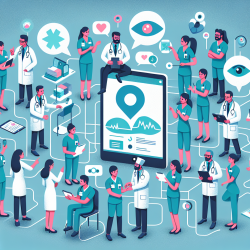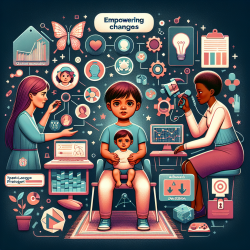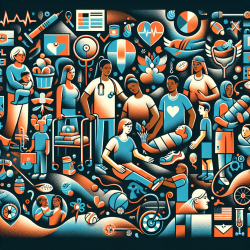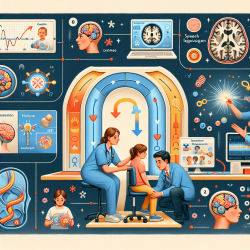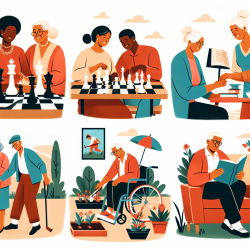Introduction
In the realm of healthcare, motivation and teamwork are critical factors that drive performance and quality of service. A recent study titled 'We pledge to improve the health of our entire community': Improving health worker motivation and performance in Bihar, India through teamwork, recognition, and non-financial incentives offers insights into how these elements can be enhanced among health workers. This blog explores the study's findings and how they can be applied to improve practitioner skills and outcomes.
Understanding the Study
The study conducted in Bihar, India, focused on frontline health workers (FLHWs) who are crucial in delivering essential health services. The intervention, known as "Team-Based Goals and Incentives" (TBGI), aimed to improve motivation and performance through teamwork, public recognition, and non-financial incentives. The study involved 885 health workers and 98 supervisors across 76 health sub-centers, using a questionnaire to measure various psychosocial and behavioral outcomes.
Key Findings
- Improved Teamwork: The intervention led to significant improvements in teamwork attitudes and behaviors, with scores rising from 7.3 to 8.8 among FLHWs.
- Increased Empowerment: Health workers reported enhanced empowerment, with a mean score increase from 7.4 to 8.5, indicating greater self-efficacy and confidence in performing duties.
- Higher Job Satisfaction: Job satisfaction scores improved from 5.99 to 7.1, reflecting better work engagement and attachment.
- Equitable Service Delivery: There was a notable improvement in equitable service delivery, with scores increasing from 4.99 to 6.7.
- Recognition and Teamwork: Both FLHWs and supervisors found public recognition and teamwork more motivating than non-financial incentives.
Implications for Practitioners
The study highlights the power of non-financial incentives and public recognition in enhancing motivation and performance. Practitioners can apply these insights by:
- Implementing team-based goals to foster collaboration and collective responsibility.
- Recognizing and celebrating achievements publicly to boost morale and motivation.
- Focusing on intrinsic motivators like empowerment and job satisfaction to drive performance.
- Ensuring equitable service delivery to enhance community trust and engagement.
Encouraging Further Research
While the study provides valuable insights, it also opens avenues for further research. Practitioners are encouraged to explore the following:
- The long-term impact of non-financial incentives on motivation and performance.
- Strategies to tailor interventions for different health worker cadres.
- The role of supervisory support in sustaining motivation and performance.
Conclusion
The TBGI model offers a promising approach to enhancing health worker motivation and performance through teamwork and recognition. By adopting these strategies, practitioners can create more effective and motivated teams, ultimately leading to better health outcomes.
To read the original research paper, please follow this link: 'We pledge to improve the health of our entire community': Improving health worker motivation and performance in Bihar, India through teamwork, recognition, and non-financial incentives.
